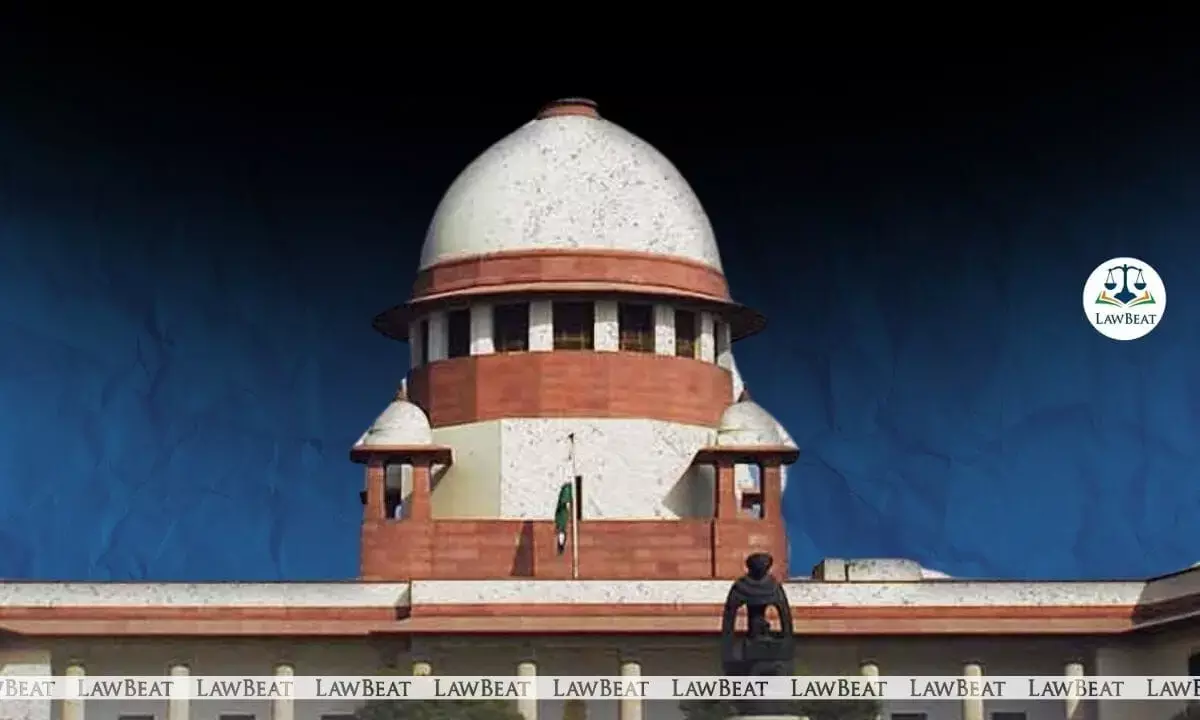Accidents During Office Commute Covered Under Compensation Law: Supreme Court Clarifies

The Supreme Court has held that employees injured or killed while commuting to or from work may be entitled to compensation under the Employees’ Compensation Act, 1923, provided there exists a clear nexus between the accident and the employment.
The decision was delivered on July 29, 2025, by a bench comprising Justices Manoj Misra and K V Viswanathan in the case Davishala & Ors vs Oriental Insurance Company Ltd & Anr. The court interpreted the phrase “accident arising out of and in the course of his employment” in Section 3 of the Employees’ Compensation Act to include accidents that occur during a reasonable commute to or from the place of work.
The court acknowledged that there had been substantial doubt regarding whether accidents occurring while commuting to work fall within the purview of the statute. It noted that earlier judicial interpretations varied, often hinging on specific facts and invoking the principle of notional extension of the workplace. This principle allows certain areas and times beyond the physical workplace to be considered as an extension of employment.
The bench also referred to Section 51E of the Employees’ State Insurance Act, 1948, which explicitly provides that accidents occurring while commuting to or from the place of work shall be deemed to arise out of and in the course of employment, provided there is a nexus between the circumstances, time and place of the accident and the employment. The court observed that Section 51E is clarificatory in nature and thus carries retrospective effect. The bench held that statutes dealing with the same subject matter and having similar objectives—such as the ESI Act and the EC Act, can be read together to clarify legislative intent.
The case concerned Shahu Sampatrao Jadhavar, a watchman employed at a sugar factory with duty hours from 3 am to 11 am. On April 22, 2003, he left for work on his motorcycle but was fatally injured in an accident approximately five kilometres from his workplace. His family, including his widow, four children and mother, filed a claim under the Employees’ Compensation Act.
The Commissioner for Workmen’s Compensation and Civil Judge, Senior Division, Osmanabad awarded them compensation of ₹3,26,140 along with interest at 12 percent per annum from May 22, 2003. However, on appeal by the insurance company, the Bombay High Court reversed the award, holding that the accident did not arise out of or in the course of employment since the employee was merely on his way to work.
The Supreme Court set aside the High Court’s ruling and reinstated the award of compensation. It held that in the facts of the case, a direct connection existed between the employee’s work and the circumstances of the accident. The employee was traveling to report for duty at a designated early hour, reinforcing the link between the timing of the commute and his employment.
The court emphasised that both the EC Act and ESI Act provide for compensation if an accident arises out of and in the course of employment, and the determination must be guided by the nature of employment and factual context. It reiterated that the EC Act is a beneficial legislation intended to protect employees and their families from the consequences of work-related injuries and deaths.
The bench stated that legislation aimed at removing doubts or clarifying ambiguities in earlier statutes can be considered declaratory and given retrospective effect. In this context, it ruled that Section 51E of the ESI Act, although enacted in 2010, serves to clarify the meaning of similar phrases in the EC Act and can be applied retrospectively to the facts of this case.
The judgment is expected to have wide implications for employees across India, particularly those engaged in shift-based or factory work who are often required to travel at odd hours. It provides legal clarity and reinforces protection for workers under compensation laws.
The court’s interpretation of the notional extension theory, coupled with its recognition of overlapping objectives of labour welfare laws, strengthens the scope of employee protection under Indian compensation jurisprudence.
Case Title: Davishala & Ors vs Oriental Insurance Company Ltd & Anr
Date of Judgment: July 29, 2025
Bench: Justice Manoj Misra and Justice K V Viswanathan
